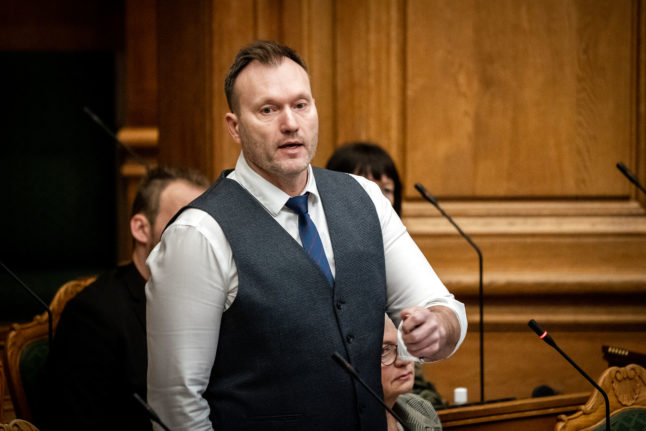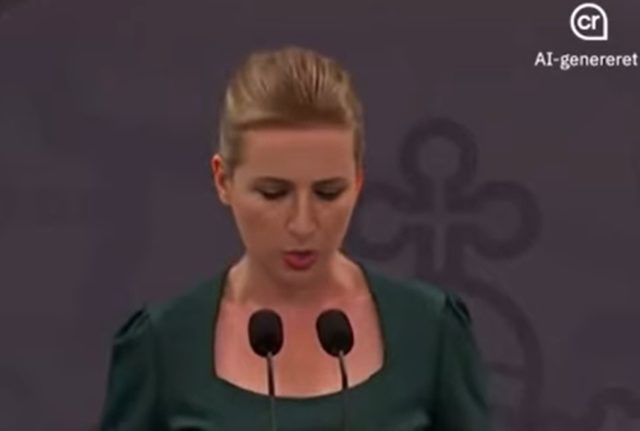The deadline to register as a candidate in the party’s leadership contest expired on Tuesday prior to an extraordinary general meeting on February 7th.
The contest was triggered after party co-founder Pernille Vermund announced earlier in January her intention to step down as leader and eventually quit politics.
Mathiesen was the only member of the party to enter the leadership contest, Nye Borgerlige confirmed on Wednesday.
He is expected to officially replace Vermund as party leader at an extraordinary general meeting in the town of Fredericia next month.
A new deputy leader of the party must be elected at the same event after incumbent Peter Seier Christensen, like Vermund, decided to step down.
Christensen and Vermund co-founded the party, which runs on a libertarian and anti-immigration platform, in 2015.
In contrast to the leadership, there will be a contest to decide who will be the party’s new deputy leader.
Six candidates are running to replace Christensen. The only member of parliament to have put their name forward, Kim Edberg Andersen, has already withdrawn from the contest. Four of the remaining candidates are municipal councillors.
The leadership change reflects ongoing turbulence in the far-right party, which has seen its number of MPs drop from six to four since the general election in November after two of its lawmakers quit the party.
Mikkel Bjørn, the leader of parliament’s citizenship committee, this week defected from Nye Borgerlige to the national conservative Danish People’s Party, citing differences with Mathiesen.
READ ALSO: Leader of far-right Danish party to step down and quit politics



 Please whitelist us to continue reading.
Please whitelist us to continue reading.
Member comments